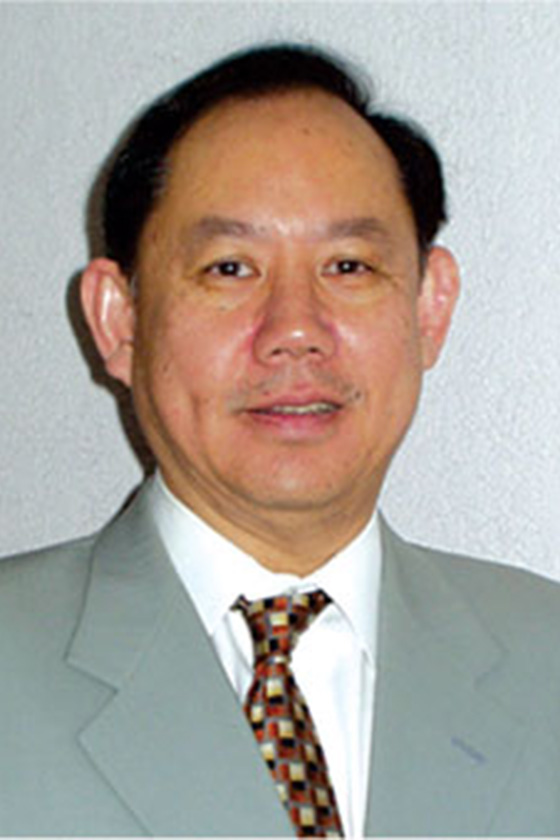楊清泉律師專欄:9TH CIRCUIT DECIDES THAT PUNITIVE DAMAGE AWARD DOES NOT ESTABLISH WILLFUL AND MALICIOUS INJURY
9TH CIRCUIT DECIDES THAT PUNITIVE DAMAGE AWARD DOES NOT ESTABLISH WILLFUL AND MALICIOUS INJURY; YOUNG SENIORS SEEK CHAPTER 7 RELIEF FOR $26K CREDIT CARD DEBTS
Section 523(a)(4) and (a)(6) of the bankruptcy code states that any debt that arises from “fraud or defalcation while acting in a fiduciary capacity, embezzlement, or larceny, or arising from a “willful and malicious injury by the debtor to another entity or to the property of another entity” is not dischargeable. An example of embezzlement is accepting investments for a Ponzi scheme. A Ponzi scheme promises to pay interest or return on what is invested from business profits but in fact the source of payment comes from new investments. For instance, your friend asks you to invest in his business, which purports to be a travel agency. You invested $10K and he promises to pay you $20K in 6 months. He does pay you back $20K in 6 months but that’s because two new investors invested $10K each. On the other hand, if you cut someone’s leg off with a machete and he obtains a judgment against you for damages of $1.0M, this debt would not be dischargeable because it arose out of willful and malicious injury by debtor to another entity.
But what if the state court awards plaintiff an award of punitive damages based on a finding of malice, oppression and fraud? Does this finding automatically place the debt within the ambit of Section 523(a)(4) and (a)(6) making the debt not dischargeable? At first blush it would seem so. After all it appears to be common sense that ‘malice, oppression and fraud’ would be synonymous with ‘willful and malicious injury,’ and ‘fraud’ mentioned in (a)(4) and (a)(6). Well, let’s see what the 9th Circuit CA has to say about this matter.
In Re Plyam, the debtors filed for Chapter 7 relief after a California appellate court affirmed a $10.3 million judgment against them. The award included $200K in punitive damages based on a finding of malice, oppression, or fraud. The state court plaintiff filed an adversary proceeding against the debtors, asserting that its claim was not dischargeable pursuant to Section 423(a)(4) and/or (a)(6). Relying on issue preclusion, the bankruptcy court granted the judgment creditor’s motion for summary judgment, finding that the claim was excepted from discharge pursuant to Section 523(a)(4) as to the male debtor and pursuant to Section 523(a)(6) as to both debtors. The 9th Circuit Bankruptcy Appellate Panel vacated the ruling, and remanded. The BAP determined that the state court judgment did not include a finding equivalent to willfulness as required for Section 523(a)(6) non-dischargeability, notwithstanding its award of punitive damages!
The 9th Circuit said willfulness under Section 523(a)(6) is an exacting requirement that is satisfied when a debtor harbors “either a subjective intent to harm, or a subjective belief that harm is substantially certain. ”A deliberate or intentional act that leads to injury does not satisfy the willfulness standard of Section 523(a)(6). The appeals court found that the punitive damages award did not support a finding that the debtors’ conduct was willful because the award could have been based on a finding that the debtor’s conduct was reckless. The court also found that the state court judgment failed to establish the existence of an express or technical trust as required for Section 523(1)(4) non-dischargeability. On another note, clients husband and wife are in their early sixties. They came to the USA as landed immigrants less than 10 years ago. Coincidentally, husband and I attended the same University and were in the same course between 1969 and 1973. And so we reminisced about how things were at that time and recalled mutual friends and acquaintances. How time flies. That was 45 years ago, and we both agreed that 45 years went by with the blink of an eye. When we were in college we were in our late teens and early twenties. Now we are in our early sixties. This is the irony of life, isn’t it? When you are young, you know nothing of life and have your whole life ahead of you. When you are older, you know a lot about life because of what you have been through, but your whole life is now behind you. The Lord gives and the Lord takes away. Blessed be the name of the Lord! Job said.
In any event, as you probably know, it’s a lot harder for older immigrants who migrated only 10 years ago to get good paying jobs here even with green cards and all. But you still migrate so your children can pursue the American dream. We sacrifice what we have already achieved in the home country after working and succeeding there, and literally start from scratch anew here where we have no “local experience.” Would you believe the guy who delivers my mail is an architect but can’t practice his profession here, and the dental hygienist cleaning my teeth is actually a dentist who also cannot practice here?
They seek to discharge $26K of credit card debts to get a fresh start which is what they did when they migrated here 10 years ago, to get a fresh start, mostly for their children.
“GIVE UNTO THE LORD THE GLORY DUE TO HIS NAME; WORSHIP THE LORD IN THE BEAUTY OF HOLINESS.” PSALM 29:2.
Lawrence Bautista Yang is a graduate of Georgetown University Law Center and has been in law practice for thirty years. He specializes in bankruptcy, business and civil litigation and has handled more than five thousand successful bankruptcy cases in California. He speaks Mandarin and Fujien and looks forward to discussing your case with you personally. Please call (626) 284-1142 for an appointment at 1000 S Fremont Ave, MAILSTOP 58, Building A-1 SUITE 1125, Alhambra, CA 91803 OR at 20274 Carrey Road, Walnut, CA 91789.
图片翻摄自网路,版权归原作者所有。如有侵权请联系我们,我们将及时处理。

個人、公司破產,第7、13章,破產法庭出庭訴訟
打開微信,使用 “掃描QR Code” 即可將網頁分享到我的朋友圈。
 點評
點評 微信
微信 微博
微博




